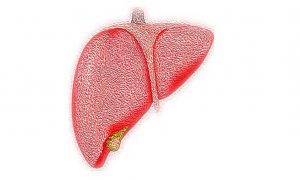The findings of the study published by the University of Bristol’s Aerosol Research Centre reaffirm the importance of wearing face masks and maintaining social distance to prevent the spread of Covid-19, researchers say.
Coronavirus becomes 90 per cent less infectious within 20 minutes of becoming airborne, losing most of its ability to infect after the first five minutes, according to a groundbreaking new study that looks at how the deadly infection survives in exhaled air.
The findings of the study published by the University of Bristol’s Aerosol Research Centre reaffirm the importance of wearing face masks and maintaining social distance to prevent the spread of Covid-19, researchers say. The study, which is yet to be peer-reviewed, is the first of its kind to simulate how exactly coronavirus travels in the air after it has been exhaled, The Guardian reported.
“People have been focused on poorly ventilated spaces and thinking about airborne transmission over metres or across a room. I’m not saying that doesn’t happen, but I think still the greatest risk of exposure is when you’re close to someone,” the study’s lead author Prof Jonathan Reid told The Guardian.
To simulate what happens to the virus when it becomes airborne, the researchers developed an apparatus to generate virus-containing particles and allowed them to float between two electric rings for anywhere between five seconds and 20 minutes in a tightly controlled environment.
According to the study, when the viral particles leave the lungs, they quickly lose water and the lower levels of carbon dioxide in the environment result in a rapid increase in pH. This affects the virus’s ability to infect human cells, The Guardian reported.
In a typical office environment, where humidity of the surrounding area is generally lower than 50 per cent, the virus became half as infectious within five seconds, after which the loss in infectivity became slower and more gradual.
Meanwhile, in a more humid environment, for instance, a steam room or shower, the decline is significantly slower. However, the researchers found that the temperature made little difference to viral infectivity, contradicting the belief that the disease spreads faster in hotter climates.





































